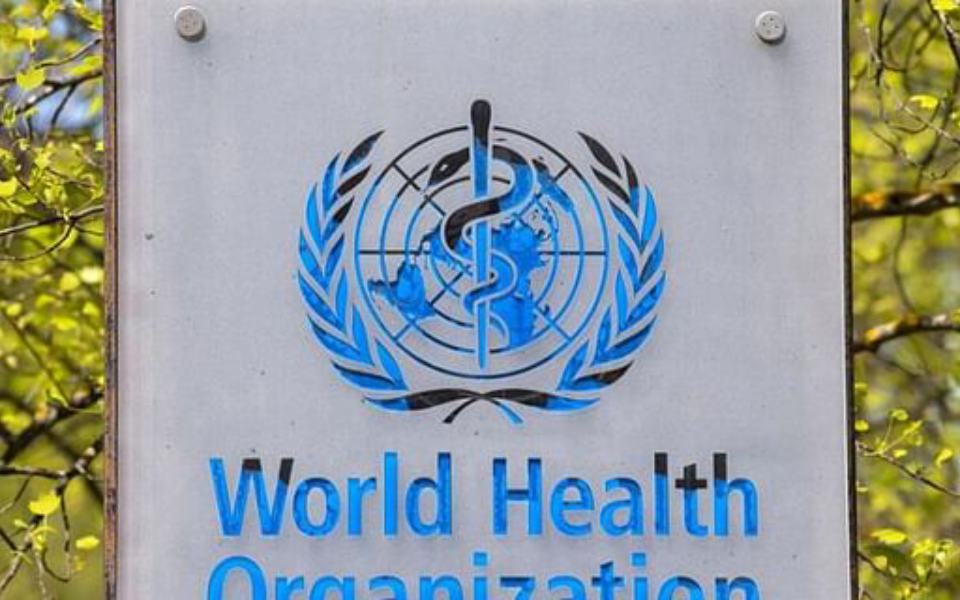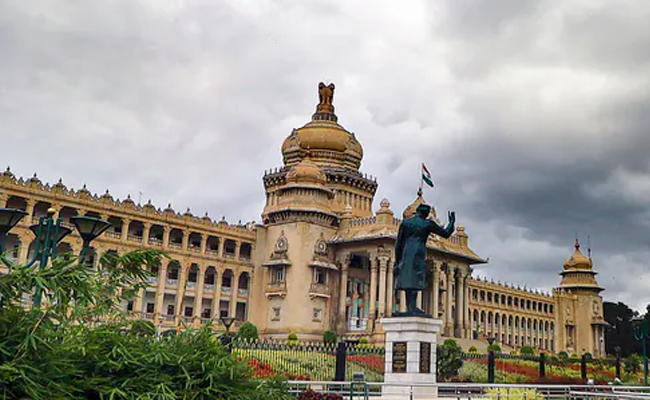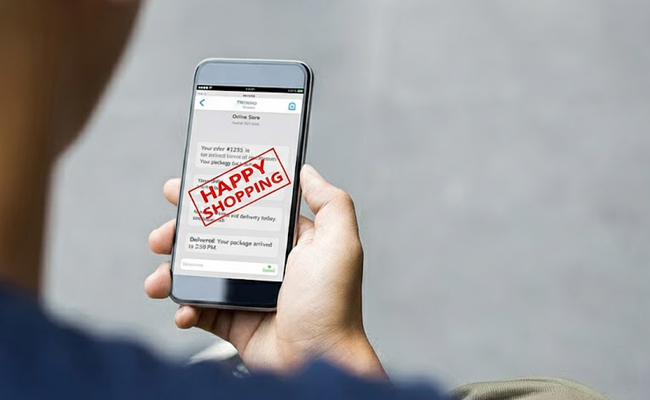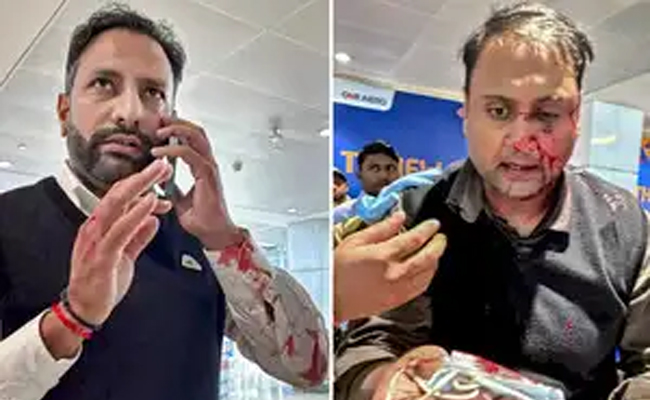New Delhi, Dec 24: The World Health Organisation (WHO) has urged countries in South-East Asia to strengthen surveillance in view of the increasing cases of respiratory diseases, including due to COVID-19 and its new sub-variant JN.1, and influenza.
The WHO also urged people to take protective measures.
"The COVID-19 virus continues to evolve, change, and circulate in all countries globally. While current evidence suggests the additional public health risk posed by JN.1 is low, we must continue to track the evolution of these viruses to tailor our response.
"For this, countries must strengthen surveillance and sequencing, and ensure sharing of data," said Dr Poonam Khetrapal Singh, regional director, WHO South-East Asia.
WHO has classified JN.1 as a variant of interest following its rapid global spread. In recent weeks, JN.1 was reported in multiple countries, and its prevalence has been rapidly increasing globally.
Considering the limited available evidence, the additional public health risk posed by JN.1 is currently evaluated as low at the global level, Singh said.
It is anticipated that this variant may cause an increase in COVID-19 cases amid surge of infections of other viral and bacterial infections, especially in countries entering the winter season.
"As people travel and gather for festivities during the holiday season, spending a lot of time together indoors where poor ventilation facilitates transmission of viruses that cause respiratory diseases, they must take protective measures and seek timely clinical care when unwell," said Dr Khetrapal Singh.
The regional director also emphasised on the importance of vaccination against COVID-19 and influenza, especially for people at high risk.
"All WHO-approved COVID-19 vaccines continue to protect against severe diseases and deaths from all variants including JN.1," she said.
In May, following sustained decline in the trajectory of COVID-19 cases, hospitalisations and deaths, and high levels of population immunity to SARS-CoV2, WHO declared that COVID-19 no longer constituted a public health emergency of international concern.
While considerable progress has been made in establishing and strengthening a global system to detect and rapidly assess risks posed by SARS-CoV2, testing and reporting of COVID-19 cases has decreased.
With COVID-19 continuing to circulate at high levels globally, countries must strengthen surveillance, sequencing, and reporting to effectively manage respiratory diseases and to protect people's health, the regional director said.
Let the Truth be known. If you read VB and like VB, please be a VB Supporter and Help us deliver the Truth to one and all.
Bengaluru: Government employees in Karnataka have urged the state government to scrap the New Pension Scheme (NPS) and bring back the Old Pension Scheme (OPS), The New Indian Express reported.
The demand was made by the Karnataka State Government Employees’ Association, whose leaders met senior IAS officer Uma Mahadevan on Monday and submitted a memorandum. The association asked the NPS Review Committee, headed by senior IAS officer Anjum Parvez, to recommend the reintroduction of OPS in the state.
Association president C.S. Shadakshari reportedly said the review committee has already visited Rajasthan, Himachal Pradesh, Andhra Pradesh and Telangana where NPS was revoked and OPS re-implemented. The committee is yet to submit its report, but has told the government it will do so soon.
ALSO READ: Udupi man loses Rs 55,000 in Facebook graphics card scam
Shadakshari allegedly said NPS has been in force in Karnataka since 2006. He pointed out that West Bengal never adopted the scheme, while Andhra Pradesh and Telangana replaced NPS with a contributory pension model.
States including Rajasthan, Chhattisgarh, Himachal Pradesh, Punjab and Jharkhand have already scrapped NPS through cabinet decisions or budget announcements.
“Under NPS, 10% of the employees’ basic salary and DA, and 14% contribution from the state is credited to the employees’ fund. It constitutes 24% of the total which is non-withdrawable. This is invested in the share market and the final amount depends on the ups and downs of the market,” TNIE quoted Shadakshar as saying.
As per the report, he said that by limiting its contribution to 14%, the government could save up to ₹1.87 lakh crore annually if all vacancies are filled, strengthening the case for bringing back the old pension system.





